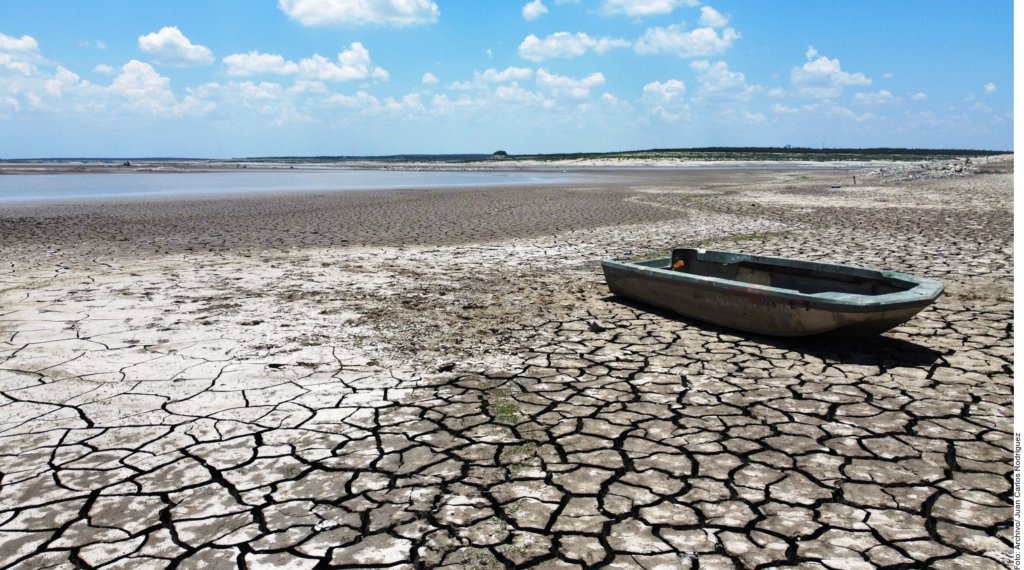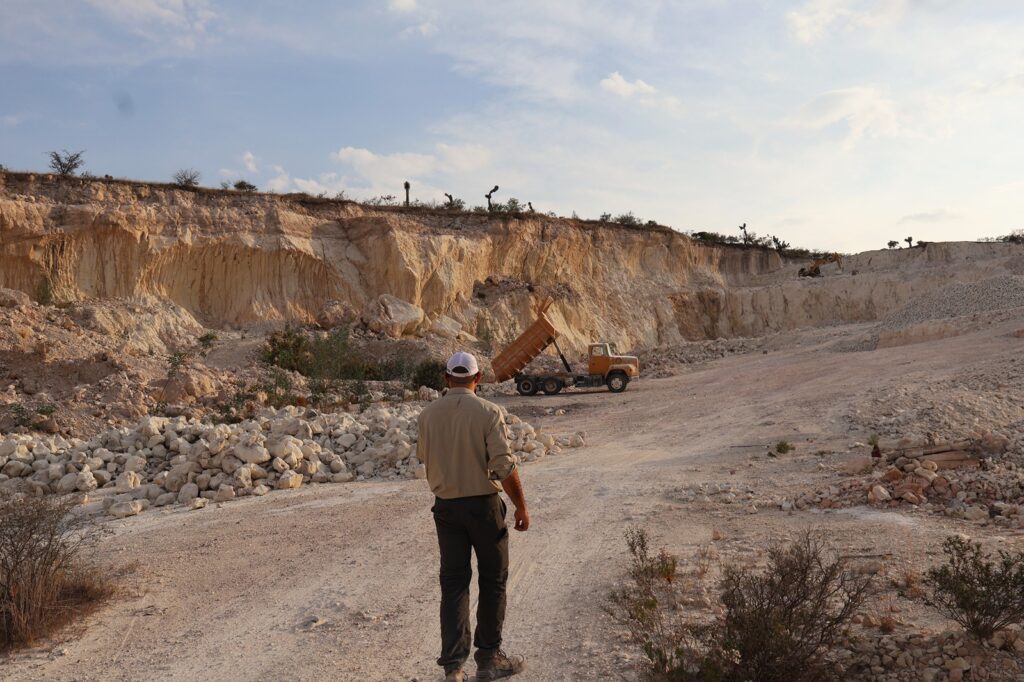How We Help in Wastewater Treatment
The world is facing an increasingly pressing problem: water scarcity. Droughts are becoming more frequent and intense, putting the water security of millions of people at risk. In this context, the use of treated wastewater as an alternative source of freshwater is presented as a viable and sustainable solution. Using Zeolites to Combat Drought

What is treated wastewater?
Treated wastewater is wastewater that has undergone a purification process to remove contaminants and pathogens. This process may include physical, chemical, and biological treatments and may vary depending on the desired level of quality for the reused water.
The use of zeolites in water treatment
Zeolite water treatment has become an innovative and efficient technique for purifying water and removing contaminants, positioning itself as a viable and sustainable alternative to traditional methods.
In this process, zeolites have a microporous structure that allows for the physical and chemical adsorption of various substances, including:
- Sediments: Suspended particles such as sand, clay, and silt.
- Organic matter: Compounds such as humic acids, tannins, and pesticides.
- Heavy metals: Toxic substances such as lead, mercury, and cadmium.
- Pathogens: Microorganismos como bacterias, virus y protozoos.

The use of zeolites in the pretreatment of water treatment represents a significant advance in the search for efficient, sustainable, and environmentally friendly solutions for water purification. Its ability to capture a wide range of contaminants and pathogens, its low environmental impact, and its potential to reduce costs make it an attractive alternative for various sectors.
As the technology continues to develop, the applications of zeolite pretreatment will expand even further, contributing to a future with clean and accessible water for all.
The future of the use of treated wastewater
The use of treated wastewater is becoming increasingly common around the world. As water scarcity intensifies, the demand for treated wastewater is expected to increase even further.

Investment in research, development, and technology for water treatment and reuse will be crucial to ensure a sustainable future with water for all.
This May 13th will be the IFAT expo to be held in Munich, Germany, where interesting ideas and innovative solutions for industrial and municipal challenges in water treatment will be seen.
